A few weeks ago we came across an oddity in the Organic Search results.
Google is showing shipping costs in its snippets that are not physically in the code on the page.
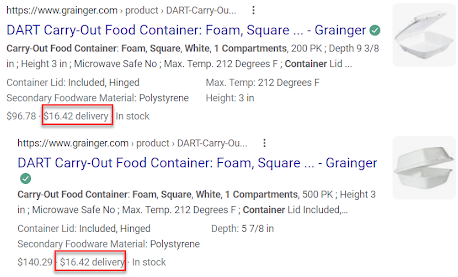
In the example above, Grainger is showing a shipping cost of $16.42 for the items in the SERP. However, if you visit one of those results and search the page or its code for “16.42,” the string is nowhere to be found.

Knowing that Google has supported it since late 2020, savvy search marketers would expect that the shipping rate would be provided in the aptly named shippingRate property of the OfferShippingDetails type in the page’s structured data. Curiously, it is not.

The plot thickens as we dig further into the situation.

When I place the item into the cart and attempt to check out, the estimated shipping is $15.40, not $16.42. In fact, the same is true if I select a zip code in Mountain View where Google may be crawling from.

Since I know the suspense is killing you, we examined this phenomenon further with some of our actual clients and discovered that the pricing being displayed is from the data that sites are providing in their Google Merchant Feeds! This was a bit shocking because Paid and Organic Search have long had a “church and state” relationship where what happens in one should not impact what happens in the other. [Insert conspiracy theory here]
MISREPRESENTATIONS OF SHIPPING COSTS ARE A THREAT TO YOUR BUSINESS
As Google says in its documentation, “shipping costs are a major decision factor for online customers.”
How much? Well, consider the following SERP.

Putting aside the obvious human behavior of anchoring to the highest results and toward recognizable brands, TractorSupply.com is highly unlikely to get the click. It’s the only result whose shipping is a whopping $101.99 as compared to everyone else’s “Free delivery.”
Google’s really becoming aggressive with saving you a click.
With Black Friday right around the corner, sites should brace for the potential of the negative impact on their Organic Search performance without any changes in rankings.
So, Wait, Back Up, You’re Saying it’s my fault that Google is Trying to Kill My Organic?
Yes and no. According to the documentation, Google Merchant Center requires that you “Make sure to match or overestimate the shipping costs you submit to Merchant Center in comparison to the costs you charge on your website.” Products may be excluded from the paid results if there is a mismatch between what is shown on the site and what is submitted in the feed. To avoid this merchants err on delivering the worst-case scenario shipping price to their feed with the expectation that it would be shown in limited instances.

In the example above, the Google Shopping experience does not consistently display delivery costs in the results. In some cases, the delivery timing or return details are shared instead.
Interestingly, despite showing “Free Delivery” in the Google Shopping experience, no delivery information is displayed in the SERPs for eBay:

I did not uncover any commonality with this across eBay. However, with changes related to advertising, Google often partners with organizations during its testing phases. Perhaps eBay was somehow able to opt-out.
Cool, so, what’s the Solution?
I’d love to say, “just click this opt-out button in the configuration,” but as of this writing, there is no direct solution here. Google has made the decision to display this information in the SERP and shipping prices are a requirement to be visible in Google Shopping. If there is a disparity that suggests a mismatch between what’s indicated on your site and what is in the feed, you’ll be excluded from Google Shopping.
However, there may be a way to suggest to the user that the shipping price displayed is not the only one available.

In the example above, the specificity of the shipping rate has the potential to create curiosity in the user. “4-day delivery” suggests that there may be other options available at different price points. Perhaps merchants can use the transit time label as an opportunity to recapture some of the clicks that may otherwise be lost due to high shipping.

While we cannot reverse what Google is displaying, we can take steps to track it and determine what the impact is. Using a random sampling of product keywords, we’d recommend tracking them with a solution such as SERPApi and keeping track of what extensions appear in your rich snippets. Once the word “delivery” pops up, you know to annotate your analytics and rankings to continually monitor performance.
Check back, we’ll update you with solutions as they arise.
If you’re interested in diving into your eCommerce site’s product structured data, contact us. iPullRank specializes in schema and increasing search visibility.

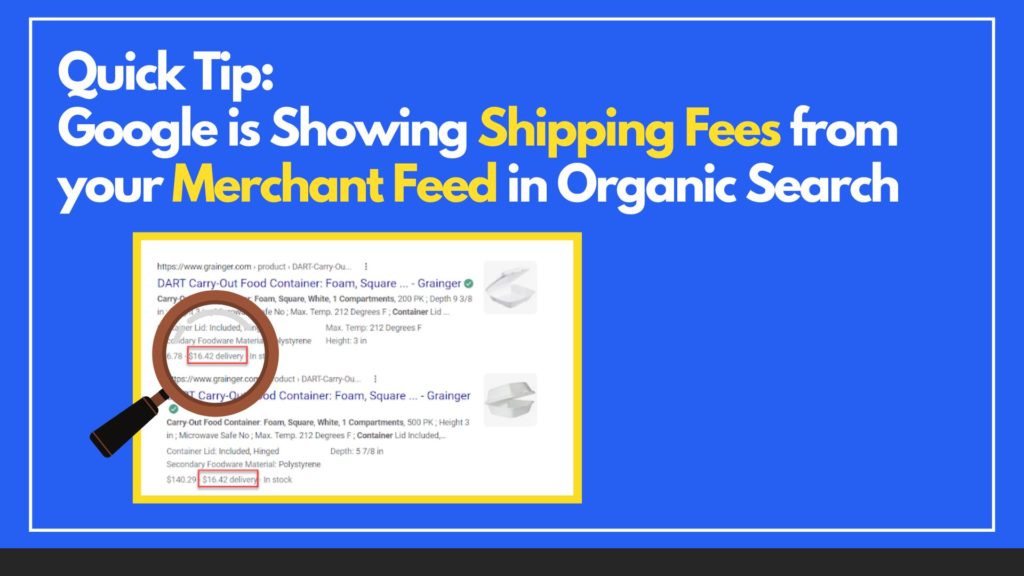
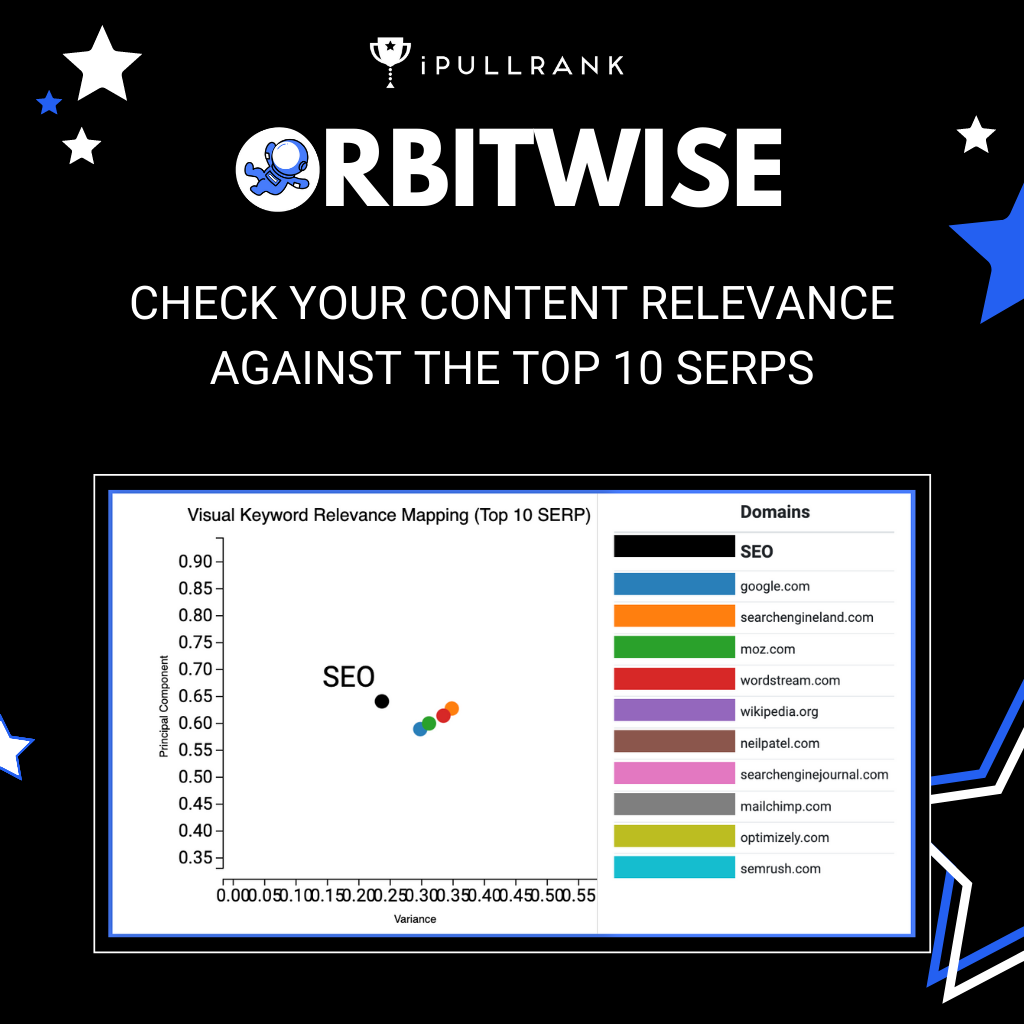
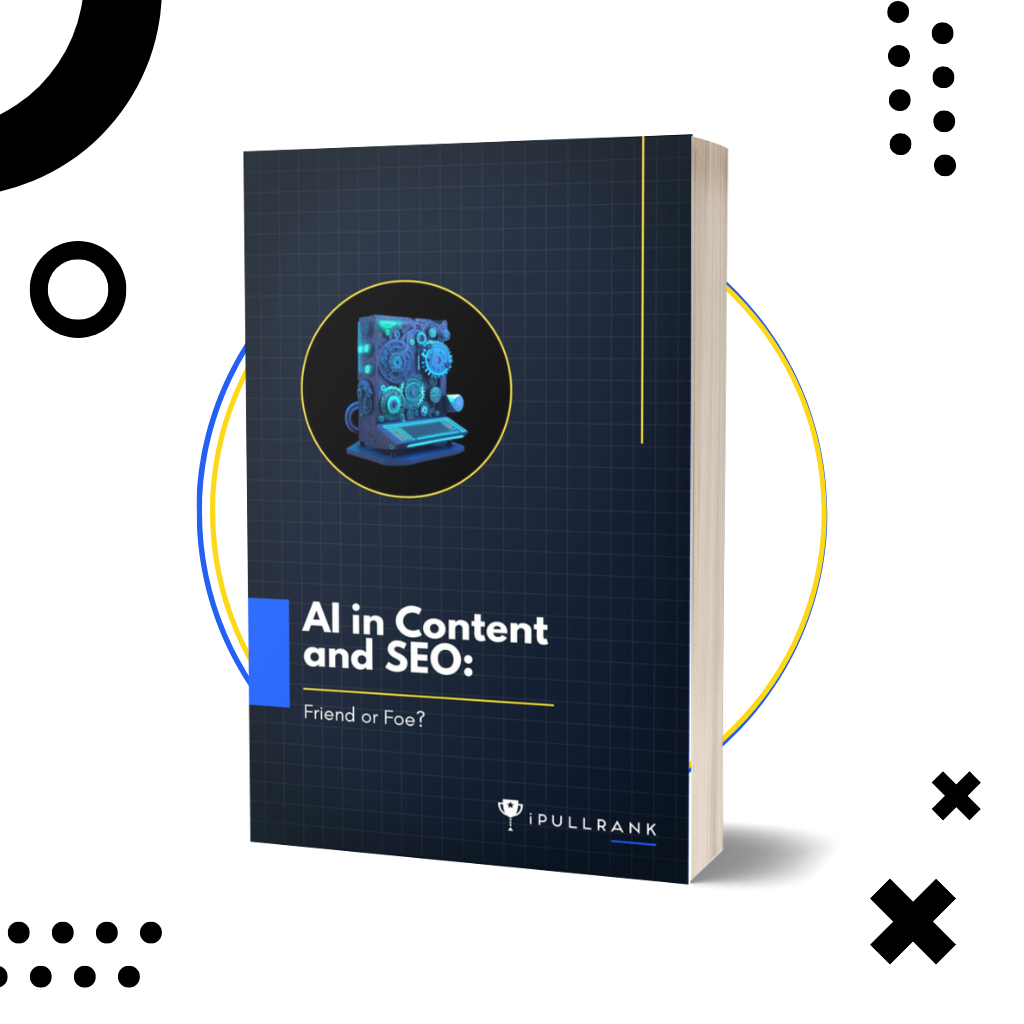






Leave a Comment